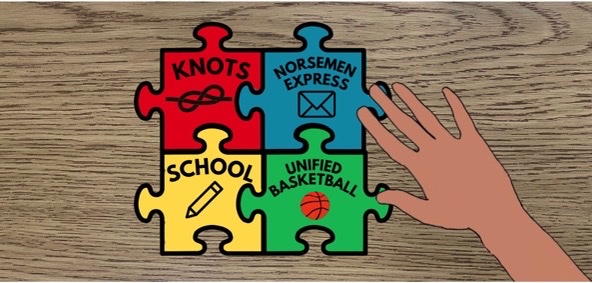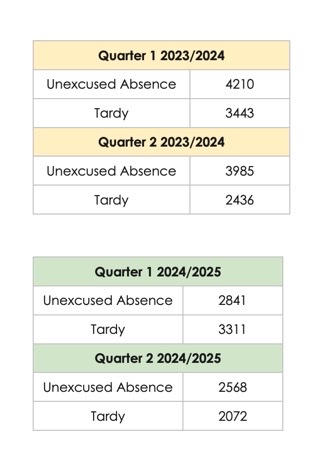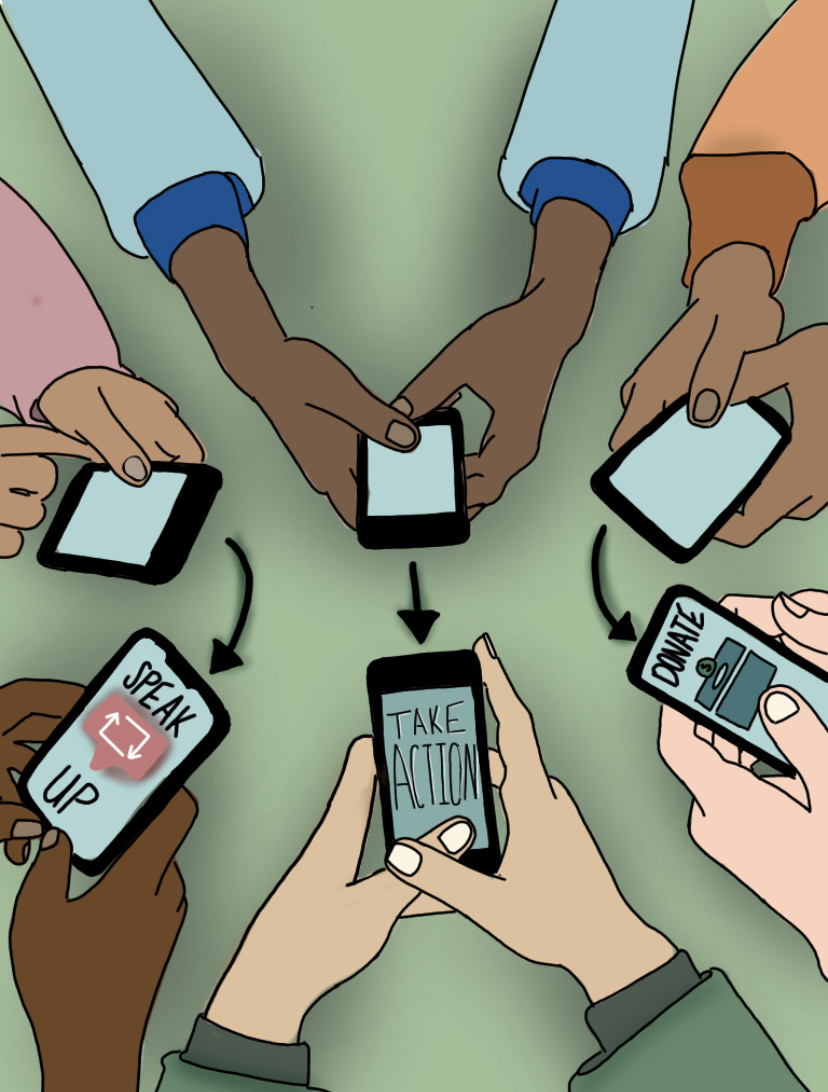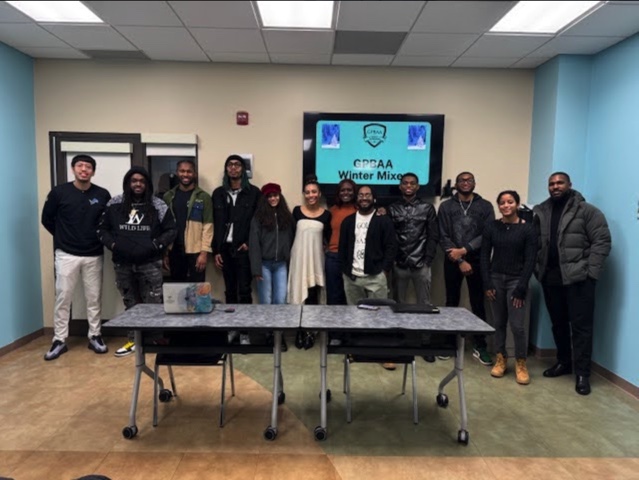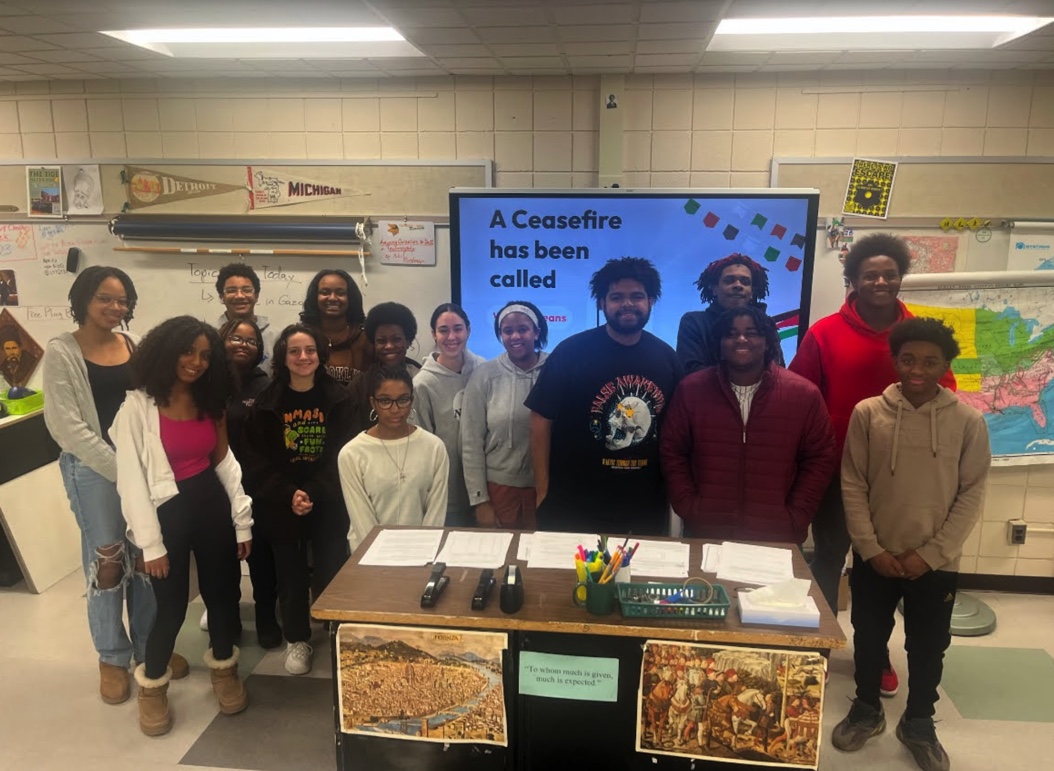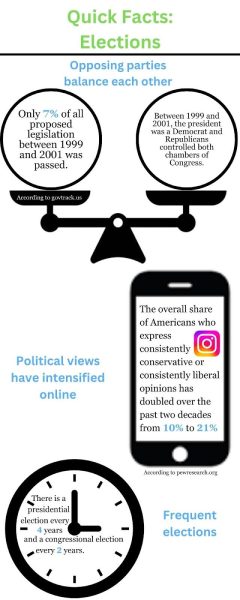
In America, there is nothing more controversial than national politics. In recent times, all we hear between our friends and family is bickering about why one candidate is better than the other, resulting in division within our lives. We feel this is a common occurrence among other people, especially around election season when candidates are campaigning for votes. This, in addition to increasing polarization between the two parties, have made the results of the election overly divisive.
While campaigning past and present, both Republicans and Democrats have used fear-mongering tactics and phrases to win votes. In recent years, this has caused the parties to become more polarized, viewing the other party with distrust. Because of this, many people believe the country would be irreversibly harmed by a term with the other party in office. While this is understandable, as a member of one party or the other, it is important to remember that the United States is built on a system of checks and balances. Power is separated between the legislative, executive and judicial branches. These branches do not always have the same political affiliation as the president. Due to this, it would take a momentous amount of effort to make all the changes that the president wants. Even with control of congress and the judiciary, a president must navigate log jams such as filibusters, court rulings, committees and more to get their policy passed. Plus, the upcoming midterm elections could change which party controls congress, causing the president’s party to lose their ability to pass laws. One way to combat the growing division between voters is to just listen to ideas from the other party. Reading and listening to opposing media can educate the consumer of the media on why the opposing party believes what they believe and this can lead to them being more open minded lessening the severity of the polarization between the parties.
While laws are being debated and passed, many people, both young and old, learn about them through social media. As more and more of these people turn to sites such as Instagram and TikTok for their information, via their preferred apps algorithms, what they see shapes what they believe. This causes more division between these people as they receive information that they want to see. Due to this, social media can create unjustified fear of a presidential candidate because of false information they receive from the internet. This could be overcome by reading unbiased news sources that fairly portray both candidates. By doing this, individuals will have less of a skewed view of politics and relieve tension over the election.
One may gain strong opinions over various political issues via social media or other forms of getting information. These issues that someone may feel passionate about could get acted upon in a way that the individual does not like, and this could lead to the individual being frustrated. However, there is no need to get frustrated as there will always be another election in four years. Just because the current president does not appeal to an individual’s ideals doesn’t necessarily mean that the individual will be disadvantaged indefinitely. Each election features new candidates with new goals and ideas, so while an individual may be unhappy during one term, they could be more optimistic for the next. While it may not be favorable for some currently, there will be more elections in the future that could bring wanted change. Of course, there are exceptions to this that relate to events that happen during someone’s presidency that could have been better for an individual if another president had been in office. Similarly to how one may alleviate the gained misinformation from social media, turning to reliable sources on the internet could assist one with a problem like this. In this case, a quick search online would lead people to find that the president and the chambers of congress are constantly changing every few years, which could reduce some stress that one has over the results of one particular election.



